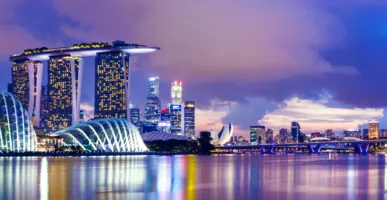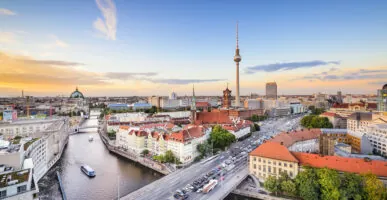
PassportCard Relocation
בין אם אתם כבר ברילוקיישן או שאתם רק מתחילים לחקור את הנושא, יש דבר אחד שלא טסים בלעדיו. ביטוח מחליף קופת החולים ברילוקיישן של PassportCard ייתן לכם ולמשפחה שלכם את השקט והביטחון בכל מקום בו תבחרו לגור בעולם.
לקבלת הצעהלחקור את העולם בביטחון
כיסוי רפואי נרחב
אנחנו יודעים שבריאות טובה היא המפתח לרילוקיישן שקט ובטוח! ולכן אנחנו דואגים שתהיו מכוסים – החל מביקור אצל רופא, בדיקות שגרתיות ובדיקות התפתחות לילדים ונוער ועד לאשפוזים, ניתוחים, השתלות ומחלות קשות.
שירות חדר רופאים 24/7
כי תמיד נעים לדעת שיש מישהו שדואג לכם כאן בבית, ויעזור במקרה הצורך!קבלת ייעוץ טלפוני בעברית מרופאי משפחה, 24 שעות ביממה מכל מקום בעולם.
שירות לקוחות בעברית 24/7
מוקד שירות בעברית ובאנגלית בכל הנוגע לאירוע רפואי, 24 שעות ביממה, 7 ימים בשבוע, לאורך כל השנה!
The PassportCard
הכרטיס החכם שלנו, אותו תוכלו לטעון בקלות ובמהירות באפליקצייה, ואיתו תוכלו לשלם עבור שירותים רפואיים בכל מקום וע”פ בחירתכם האישית. בלי להוציא כסף מהכיס וללא צורך בתביעה בדיעבד
(השירות זמין מחוץ לארה”ב בלבד).

הלקוחות שלנו בעולם
מאמרים חדשים בבלוג
הבלוג שלנו יעשה לכם סדר בכל המידע החשוב ויתן לכם טיפים להתמודדות מוצלחת עם תהליך הרילוקיישן
כל המאמריםמעוניינים בפרטים אודות ביטוח בריאות מחליף קופת חולים ברילוקיישן? אנחנו כאן בשבילכם
השאירו פרטים ונחזור אליכם בהקדם.

























